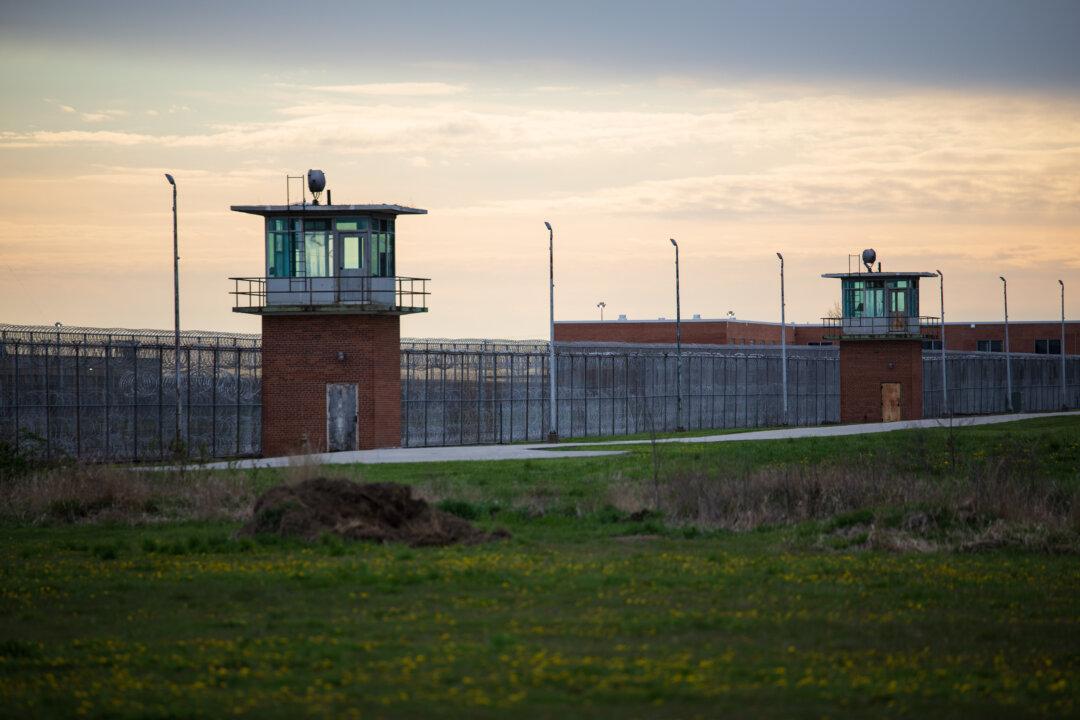Commentary
As many readers are aware I spent three years and two weeks in a U.S. federal prison between 2008 and 2012 for series of offenses that it is now generally acknowledged I did not commit.

As many readers are aware I spent three years and two weeks in a U.S. federal prison between 2008 and 2012 for series of offenses that it is now generally acknowledged I did not commit.